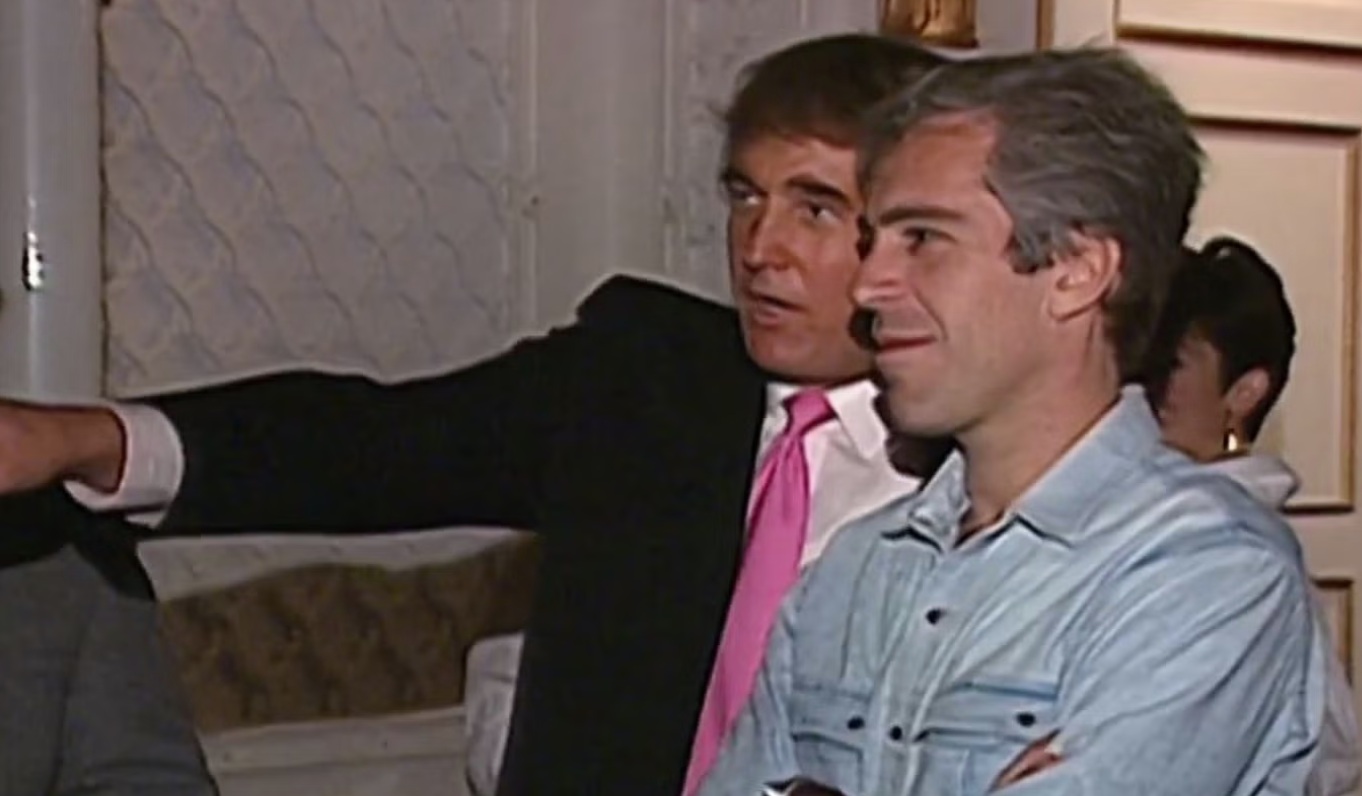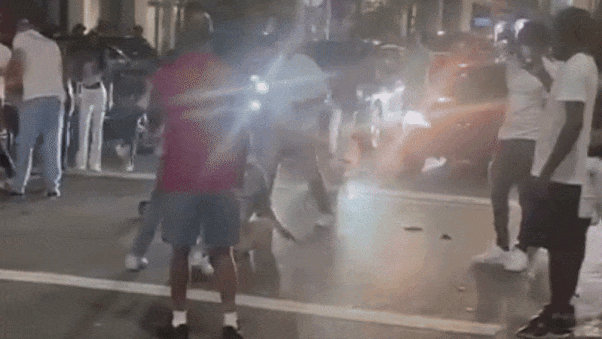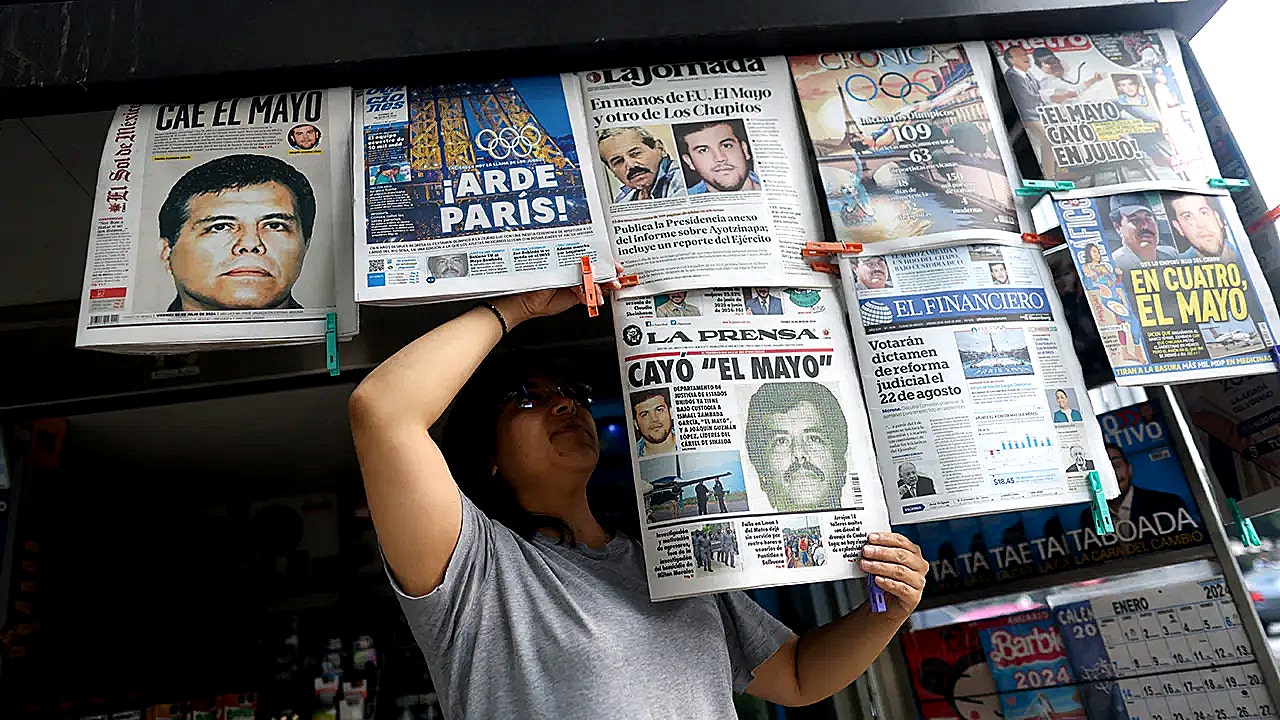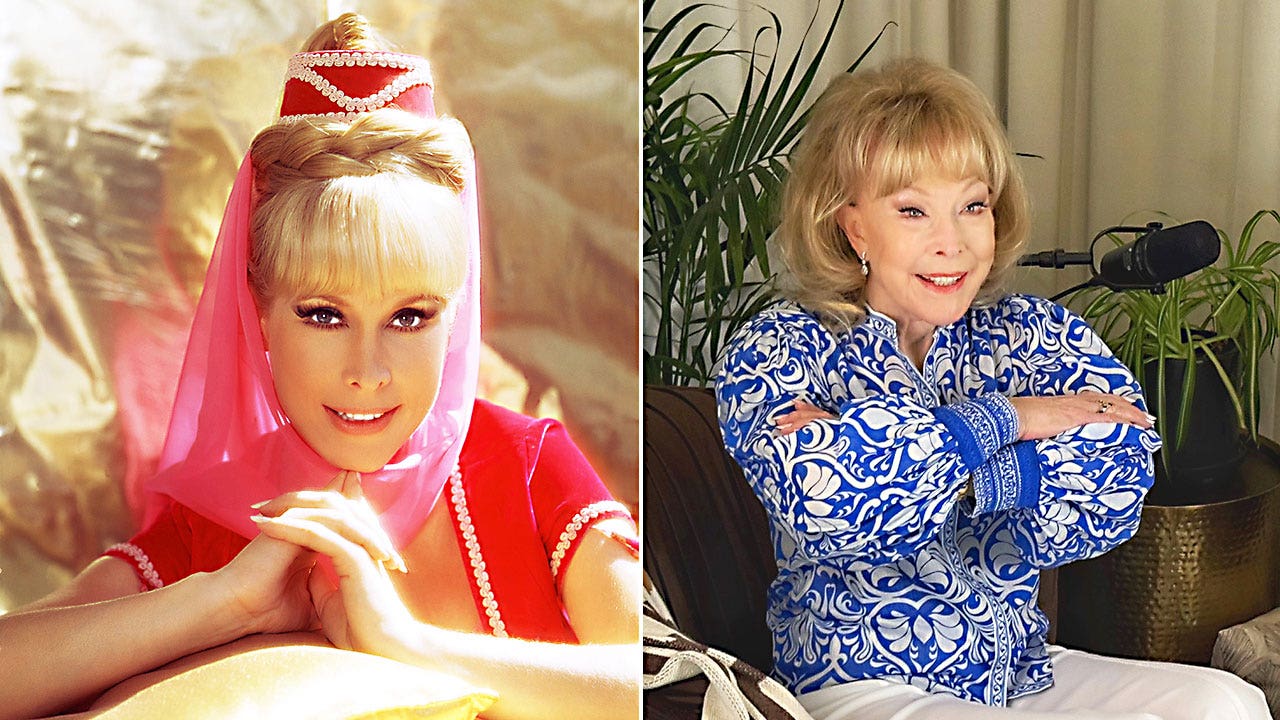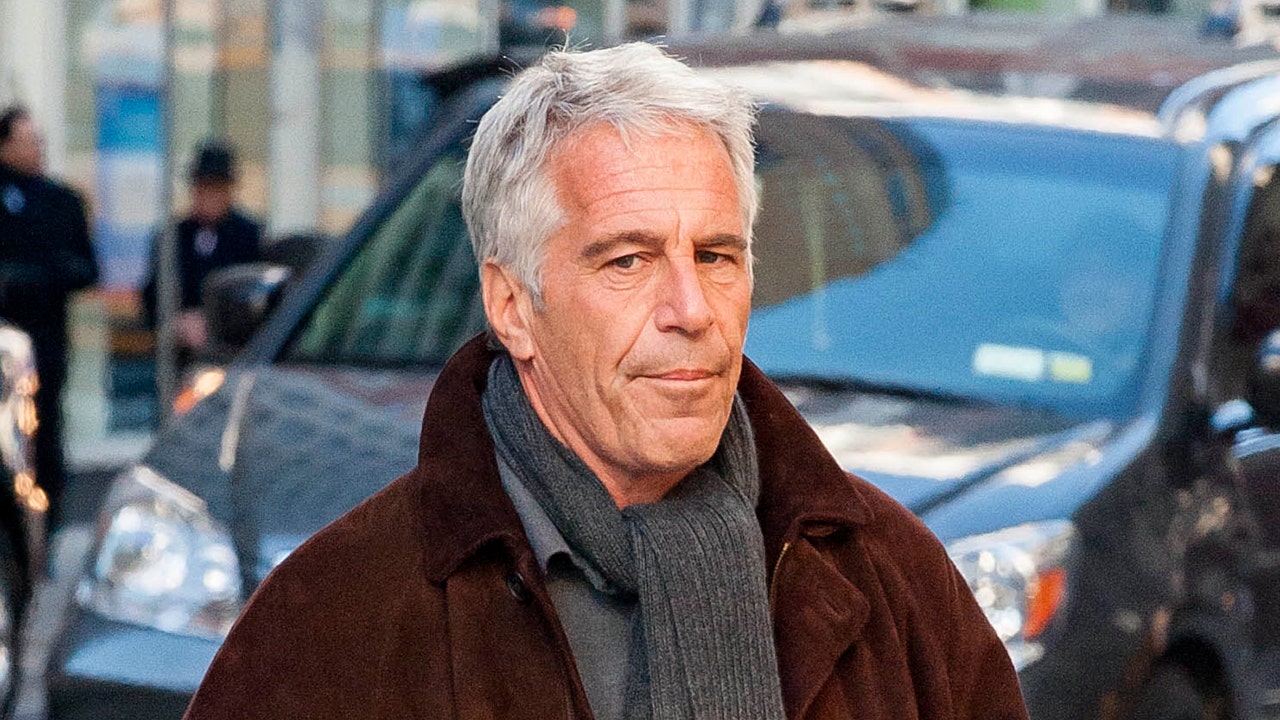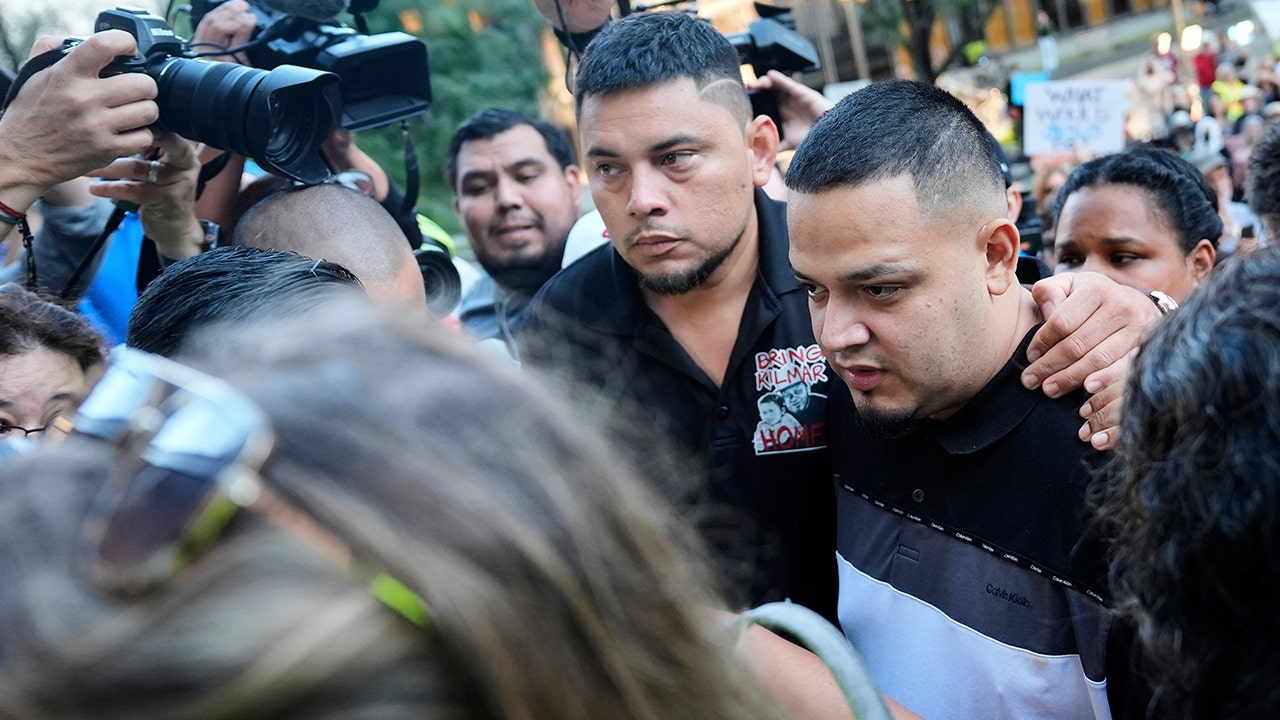‘The spirit of resistance will not be quenched until we see full liberation of Palestine from the river to the sea,’ a speaker concealed with a keffiyeh and a voice modifier says in the video
George Mason University’s Students for Justice in Palestine (SJP) chapter reemerged Sunday evening with a recruitment video claiming “the spirit of resistance will not be quenched.” The radical group went dark for months after police found terrorist propaganda and weapons at its leaders’ home last year, resulting in its suspension.
The video, launched the evening before the start of the fall semester, shows a speaker using a voice modifier and a keffiyeh to conceal everything but their eyes.
“The spirit of resistance will not be quenched until we see full liberation of Palestine from the river to the sea,” the speaker vowed, calling on students to join their cause. “We have a moral obligation to carry on the legacy of our noble people, our steadfast prisoners, and our honorable martyrs.”
The video is set to a song that praises former Hamas commander Mohammad Deif, saying his “stars illuminate our sky,” according to a translation provided to the Washington Free Beacon. It also says an Israeli checkpoint officer’s “blood is permitted, all his blood is kosher.”
The recruitment effort suggests the SJP chapter will again play a prominent role in driving unrest on campus following its suspension last semester, which came after police raided the home of two of its leaders, Jena and Noor Chanaa, as part of an investigation into SJP’s role in defacing George Mason’s student center with messages of “intifada” last September. Officers found guns, scores of ammunition, signs that read “death to Jews” and “death to America,” and Hamas and Hezbollah flags, the Free Beacon reported.
In the video, which marked the group’s first Instagram post since the raid, the speaker said the suspension was part of a nationwide effort “to douse the flame of the student movement for Palestinian liberation.”
“In November 2024, SJP at Mason was unjustly suspended without due cause or process following the raid of our two comrades’ home by Mason PD,” the speaker said. “We are all too aware of the tactics that the Israeli occupation uses and the ways in which they manifest in the belly of the beast.”
“Despite these attempts to strike fear in our hearts, our allegiance to achieving Palestinian liberation and echoing the calls of our people have not wavered,” the speaker continued. “The movement for a free Palestine is a steadfast conviction, a value that no force can silence.”
According to George Mason’s Faculty and Staff for Justice in Palestine chapter, SJP is eligible to reapply for recognition as a student organization for the fall semester.
The university did not respond to a request for comment.
The recruitment video did not mention Abdullah Ezzeldin Taha Mohamed Hassan, a George Mason student and Egyptian citizen the FBI arrested for plotting a terror attack on the Israeli consulate in Manhattan.
Following Hamas’s Oct. 7 terror attack, as anti-Israel activists began to grip George Mason’s campus, a group of nearly 20 law professors asked George Mason’s president, Gregory Washington, to denounce anti-Semitism—a request Washington declined, the Free Beacon reported. They argued that any comments he’d made on the matter were full of caveats, unlike his statements condemning Islamophobia and supporting racial justice.
SJP’s return comes at a precarious time for George Mason. The Department of Education launched two probes in July, one into campus anti-Semitism at the university, and another into alleged race-based hiring and promotion practices. The Justice Department launched two of its own, as well as a third scrutinizing a resolution George Mason’s Faculty Senate adopted defending Washington.
In response, Washington denied wrongdoing and blamed external actors, including the Free Beacon, for working to “paint the institution in a negative light” as part of an effort to oust him.
The Education Department announced its findings from one of those investigations on Friday. It determined that Washington “waged a university-wide campaign to implement unlawful DEI policies that intentionally discriminate on the basis of race,” violating Title VI of the Civil Rights Act of 1964 “by illegally using race and other immutable characteristics in university practices and policies, including hiring and promotion.”
The department’s Office for Civil Rights proposed a resolution agreement, giving George Mason 10 days to voluntarily comply. It requires Washington to issue a personal apology for promoting discriminatory practices and affirm the university’s commitment to non-discriminatory recruitment, hiring, promotion, and tenure processes, including details on filing discrimination complaints. The university must also conduct annual non-discrimination training for relevant personnel.
Read the full article here
